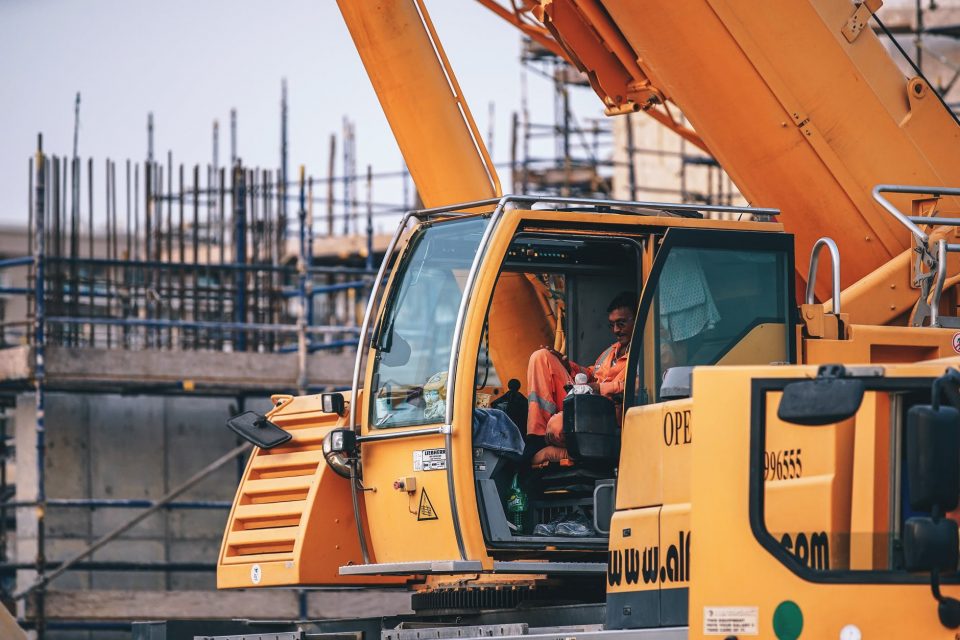Certified plumbers use technical equipment to unblock sewage lines and fixtures in homes and office buildings. Most times, an emergency from materials that are not 'flushable' can trigger an excavation. Let me share some tips on how some excavation techniques can save money and time for customers.
The Time and Place for Sewer Excavations
Avoid Health Hazards
Most times, homeowners and occupants of commercial buildings can't use washrooms and toilet fixtures with sewer clogs. When there is a blockage in drain and sewer pipes, plumbing fixtures are less hygienic. A facility manager must get a plumber that can unclog the drain pipes without causing further damages. For homeowners, ignoring this plumbing problem might lead to wastewater accumulating around the layout of your home's sewage pipes. In both office and residential buildings, these conditions often lead to health hazards and the spread of infections from sanitary fixtures.
Replacing Sewer or Drain Pipes
Sometimes, sewer clogs inspections require replacement of lateral or drain pipes. Usually, the texture of weak PVC pipes can't withstand strong roots of fast-growing trees; so, they trap the flow of sewage. When there are leaks on old sewer lines, workmen excavate and lay new pipes. Using high-quality pipes for sewers, toilets, and washroom facilities is essential.
During Renovation
Upgrading plumbing systems with innovative fixtures and equipment can save time and money. The efficiency of pipes, fixtures, and clean out fittings makes everyday living seamless. During building renovations, plumbing contractor might add backflow prevention devices to the plumbing design. With this device, homeowners can prevent water contamination and backflow issues. Since the flood from burst water pipes tends to damage sewer tanks, an excavation of sewer pipes will be necessary. There must be a minimum number of spacing between the backflow preventer for drinking water, and the sewage pipes.

Pungent Smell in Your Yard
When homeowners notice the pungent smell of sewer gases, they might not tell what it is exactly. However, plumbing inspections can detect a broken drain pipe in your yard. Naturally, the decomposing sewage and deposit of infectious wastewater often release hydrogen sulfide, methane, etc. So, the crack on sewer pipes only allows these gases to escape into your environment. It reduces the concentration of quality air, and leaves foul odour around the areas with broken sewer, and drain pipes.
Erosion from Rainwater Runoff, And Flood
The loss of soil (erosion) from your yard forms a path for rainwater or flood. Also, the topography of your compound might help to remove topsoil when it rains. This erosion will reveal subsurface plumbing pipes along rainwater paths. Usually, certified plumbers’ advice clients to reinstall sewer and drain pipes in suitable portions of the outdoor space. Most times when the yard has sand with loose textures, reinforcements with stones and bricks are ideal because flooding affects plumbing pipes.
What Happens During Sewer Excavations?
Plumbers use many hand tools when they come to fix sewer clogs at home. In industrial and commercial facilities where excavation services happen on large scales, plumbing engineers use special tools. Unlike adjustable wrenches for home plumbing system maintenance, engineers use jackhammers, mechanical excavation shovels, and excavators. Most times, without earth-moving tools like bulldozers; plumbers fail to demolish concrete floors and rocks. Sewer excavations are often complex in commercial properties. It's the outline of the yard and its plumbing system that shows clarity on the area of interest.
It's often messy when it's time to fix a major sewer clog at home, and there's no outline for the plumber. A section of the lawn where the lateral or drain line follows might need some excavation. Usually, eco-friendly homes can reuse the sewage from these pipes to grow these plants and save money.



